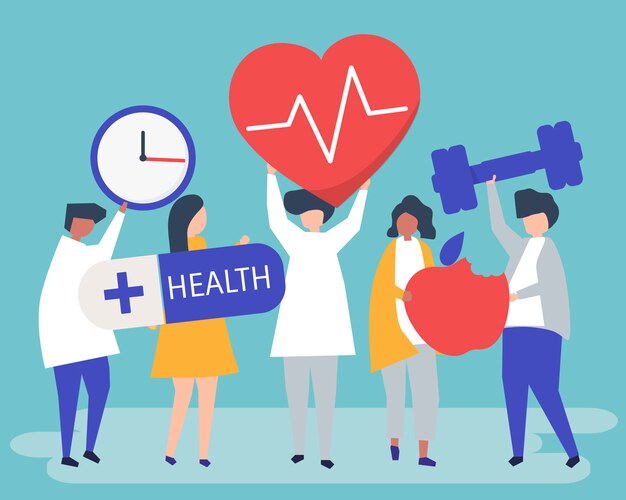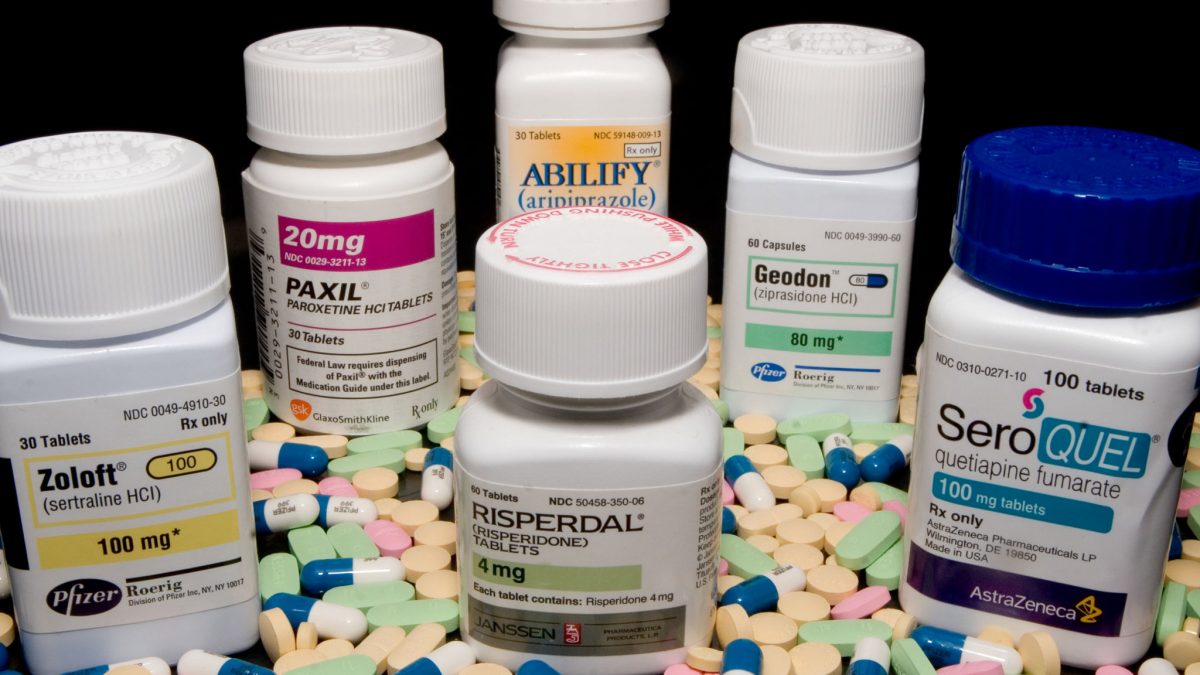Regular exercise is essential to maintaining a healthy and active lifestyle. It encompasses diverse physical activities that engage our bodies and minds, contributing to our overall well-being. Regardless of age, gender, or fitness level, incorporating regular exercise into our daily routines offers a plethora of benefits that can enhance the quality of our lives. In this article, we will delve into the multifaceted advantages of regular exercise and understand why staying fit and active is crucial for leading a fulfilling life.
Physical Health Benefits:
1. Weight Management: Engaging in regular physical activities helps burn calories and maintain a healthy weight. When combined with a balanced diet, exercise aids in shedding excess pounds and preventing obesity-related health issues.
2. Cardiovascular Health: Exercise strengthens the heart and improves blood circulation, reducing the risk of heart diseases, strokes, and high blood pressure. A strong cardiovascular system ensures better overall health and endurance.
3. Muscle Strength and Flexibility: Through exercise, our muscles become stronger and more flexible, leading to improved physical performance and a reduced risk of injuries during daily activities.
4. Bone Health: Weight-bearing exercises, such as walking, jogging, and weightlifting, promote bone density and strength, preventing conditions like osteoporosis and fractures as we age.
5. Immune System Boost: Regular physical activity boosts the immune system, making our bodies more resilient to infections and illnesses.

Mental Health Benefits:
1. Stress Reduction: Exercise triggers the release of endorphins, commonly known as “feel-good” hormones, which help alleviate stress and anxiety. Regular physical activity is a natural way to unwind and feel more relaxed.
2. Improved Mood: Engaging in physical activity positively impacts mental health, combatting feelings of depression and fostering a sense of happiness and contentment.
3. Enhanced Cognitive Function: Regular exercise stimulates the brain, improving memory, focus, attentiveness, and overall cognitive abilities. It enhances our ability to learn and process information effectively.
4. Better Sleep: Those who exercise regularly experience improved sleep quality and are less likely to suffer from insomnia. Quality sleep is vital for overall well-being and productivity.

Social and Emotional Benefits:
1. Increased Social Interaction: Participating in group exercises or team sports fosters social connections, reducing feelings of isolation and loneliness. It provides an opportunity to meet like-minded individuals and build lasting friendships.
2. Boosted Self-Esteem: Accomplishing fitness goals and witnessing physical improvements enhances self-confidence and self-esteem. Regular exercise allows us to appreciate our bodies’ capabilities and feel more confident in our abilities.
3. Stress Relief: Engaging in exercise provides a healthy outlet to release frustrations and pent-up emotions, promoting emotional well-being and balance.

Long-Term Health Benefits:
1. Reduced Risk of Chronic Diseases: Regular physical activity plays a crucial role in preventing chronic conditions such as diabetes, certain cancers, and metabolic disorders.
2. Longer Lifespan: Studies consistently show that individuals who lead active lifestyles tend to live longer and enjoy a higher quality of life as they age.
3. Delayed Aging Process: Exercise helps slow down the aging process, contributing to a more youthful appearance and maintaining vitality throughout life.
4. Enhanced Immune Function: Nothing strengthens the immune system like a workout; it uplifts your overall well-being, making your body more capable of fighting off infections and illnesses.

Conclusion
In conclusion, regular exercise is not just a means to stay fit and active; it is a powerful tool for enhancing our physical, mental, and emotional well-being. Its benefits extend beyond the superficial, impacting various aspects of our lives. Whether it’s going for a jog, hitting the gym, practicing yoga, or engaging in sports, finding an activity that suits our preferences and lifestyle is key. Embracing regular exercise as a part of our daily routine is a commitment to a healthier and more fulfilling life.








